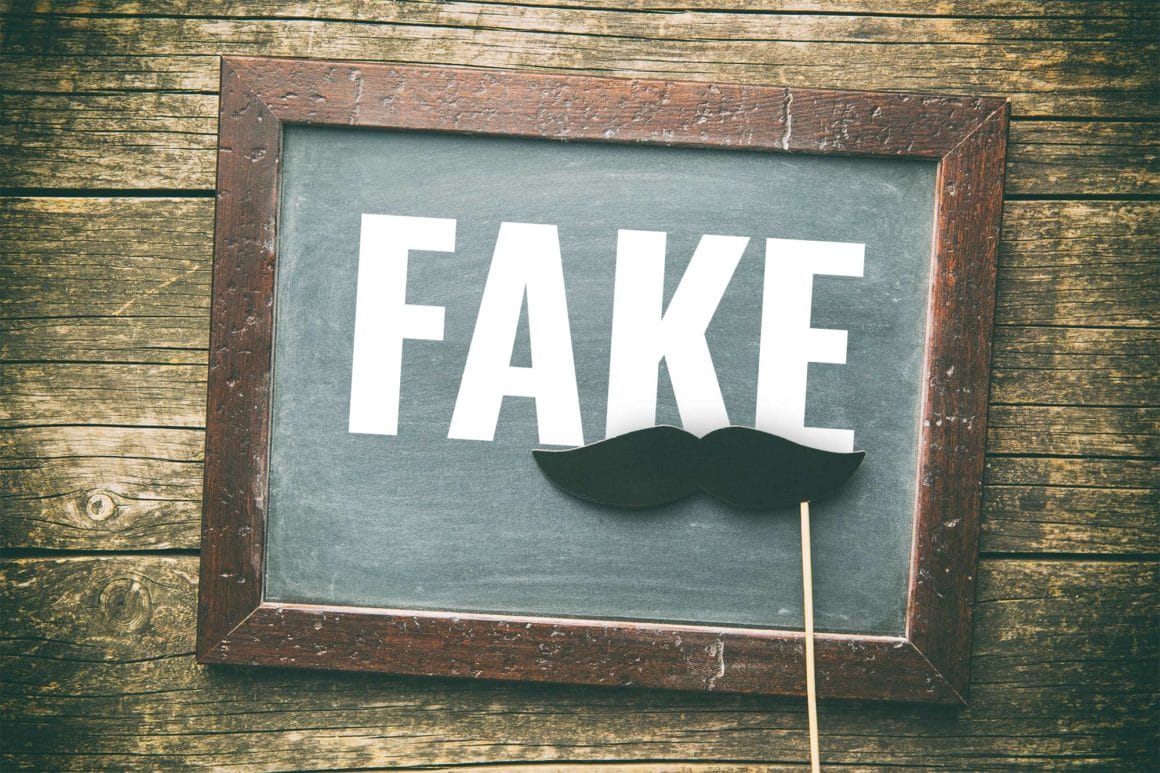Not everyone who shows interest in buying a property is a legitimate buyer. In some cases, the person may be trying to take advantage of you or commit fraud. In other cases, they might just be wasting your time with no intent to buy.
Purposes of Fake Property Buyers
First, let’s talk about what the goals of these fake buyers are. It’s not necessarily as obvious as a fake seller, who is trying to get money out of their victims. In most cases, this type of buyer makes cash offers on properties and then disappears without a trace.
Threat of Fake Home Buyers in Australia:
| Threat | Explanation & Aussie Context |
| Financial Loss | Buyers or agents may fall victim to payment redirection scams, where imposters—masquerading as settlement agents—intercept funds meant for legitimate transactions. Victims have lost tens or even hundreds of thousands of dollars. |
| Identity Theft | Fraudsters collecting IDs and proof of funds (POF) may misuse the information for deeper identity theft or file fraudulent loan applications. |
| Wasted Time & Opportunity Cost | Conversations and viewings wasted on fake buyers cost real estate agents and genuine buyers valuable time. |
| Market Distortion | Fake offers — or even dummy bidding at auctions—inflate perceived demand, pushing prices artificially high. |
| Reputational Damage | Agents and agencies hit by fake buyer scams suffer loss of trust and harm to their professional credibility. |
12 Steps to Help You Avoid Fake Real Estate Buyers in Australia
Follow these steps to determine if your potential buyer is just wasting your time.
- The Fake Buyer‑Agent
- How It Looks: Pretends to be a buyer’s agent or developer representative without proper licensing or experience.
- Your Move: Ask for agent license details, agency affiliation, and verify with the state regulator. Require proof of past transactions.
- The Finance Fumbler
- How It Looks: Dodges questions about pre‑approval or refuses to discuss their financing stage seriously.
- Your Move: Ask direct and specific finance questions. If they evade, suspect their offer isn’t genuine.
- The Location-Love Indifferent
- How It Looks: Claims they don’t care about location or property features—they’ll take anything.
- Your Move: Ask for specific preferences. If no clear direction, it may be a sign of low intent or research.
- The Process Dodger
- How It Looks: Ignores or resists your explanation of the buying process.
- Your Move: Provide a clear step‑by‑step outline and observe their engagement. Serious buyers will ask questions.
- The Cash‑Only Mystery
- How It Looks: Offers cash without clarity or follow‑through.
- Your Move: Request proof of funds and confirmation of fund availability before investing time.
- The Rushing Ruse
- How It Looks: Pushes for speed without a solid plan—“I need this done now.”
- Your Move: Slow the pace; ask for documentation. If they can’t comply, it’s likely a red flag.
- The Online‑Only Enthusiast
- How It Looks: Communicates only via email or messaging—avoids viewings or calls.
- Your Move: Request a video call or in-person meeting. Lack of willingness signals low seriousness.
- The Doc Denier
- How It Looks: Refuses to provide documentation or continually delays.
- Your Move: Require copies of ID, POF, pre-approvals. Lack of delivery equals lack of intent.
- The Deposit Decliner
- How It Looks: Hesitates or refuses to place a deposit when requested.
- Your Move: Explain deposit is standard; refusal normally indicates non-genuine interest.
- The Suspicious Change Requester
- How It Looks: Asks to change contract terms without justification.
- Your Move: Always document changes and require solid rationale and proof.
- The Multiple Offer Maker
- How It Looks: Tries to set up multiple simultaneous purchases through you without clarity.
- Your Move: Refuse until they provide separate, clear proof of funds and intent per transaction.
- The Job‑Income Vagueness
- How It Looks: Vaguely describes employment or income, questionable alignment with their property budget.
- Your Move: Ask non-invasive but detailed questions about their work and income source. Verify consistency.
- The Social Media Ghost
- How It Looks: No online presence or very sparse social media profile.
- Your Move: Verify identity via social signals—complete lack of presence could be a red flag.
- The Document Faker
- How It Looks: Provides documentation that looks too generic or “too good to be true.”
- Your Move: Send documents to a banker or trusted third party for validation.
- The Free‑bie Fan
- How It Looks: Seems more interested in freebies, gifts, or perks offered during viewings.
- Your Move: Don’t offer extras. If they complain or reject the process, they’re likely just browsing.
- The Research‑Only Browser
- How It Looks: Asks lots of questions but resists any commitment to move forward.
- Your Move: Be clear: consultations cost time. If no deposit or commitment, part ways politely.
Summary of Key Protection Steps
- Verify identity & funds using certified ID services and official bank statements.
- Insist on video or in-person verification before serious discussions or doc signing.
- Make phone calls to known contacts; don’t rely entirely on emailed instructions, especially for payment changes.
- Hold earnest funds in trust, or add non‑refundable clauses if legally acceptable.
- Cross-check agent/representative credentials, especially license and licence length.
- Beware of personal rapport tactics—professional communication only on deals.
- Attend auctions in person or ensure you have witness/verification protocols to avoid dummy bids.
- Use secure platforms like PEXA for settlements; avoid direct bank transfers based on email alone.



'Fake Real Estate Buyers: How to Avoid Wasting Time' have no comments
Be the first to comment this post!